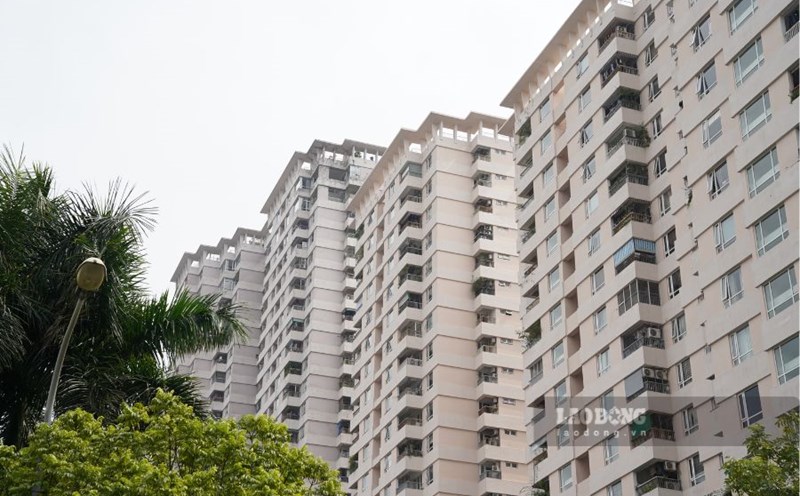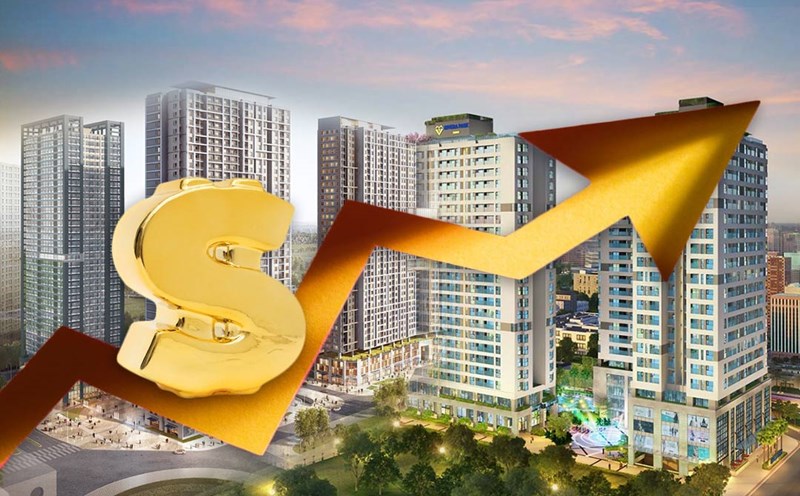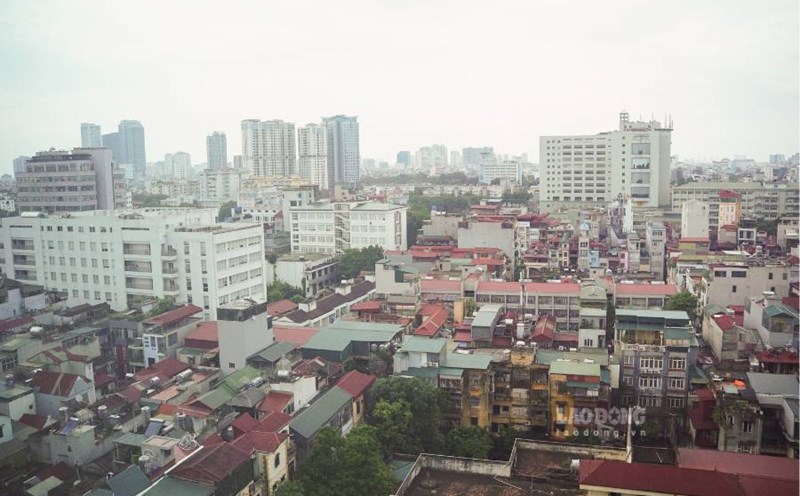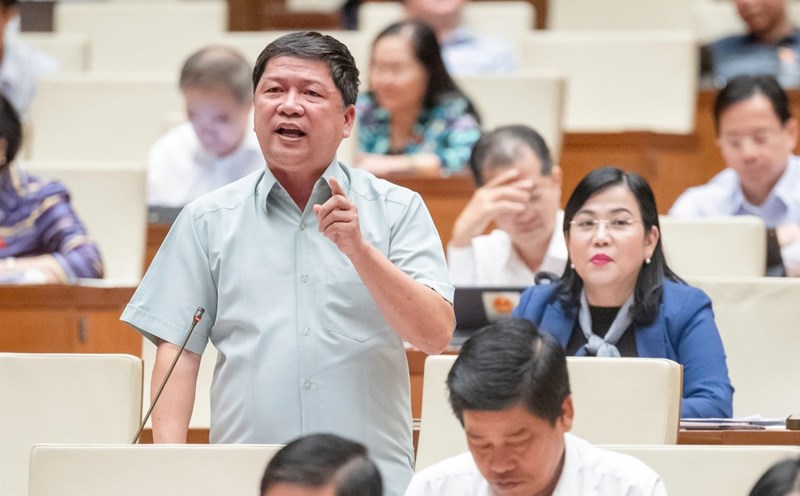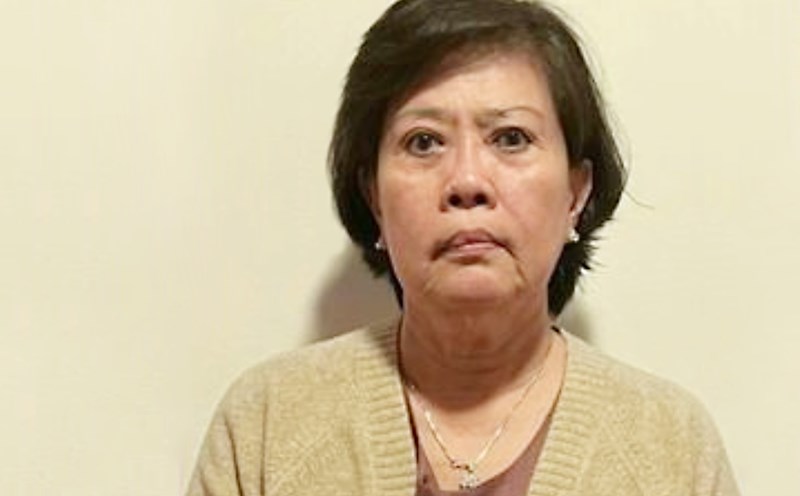Last September, the Ministry of Construction issued Official Letter 5333/BXD-QLN to the Office of the Government reporting on real estate prices. Accordingly, the Ministry of Construction said it would study and propose a tax policy for those who own and use multiple houses and lands to limit speculation and short-term buying and selling for profit.
Commenting on this issue, Ms. Cao Thi Thanh Huong, Senior Manager of Savills Research Department, said that real estate tax is a financial tool that is often discussed in the legal framework of countries around the world, especially developing countries including Vietnam. Currently, real estate owners in Vietnam do not have to pay property tax while the tax/transfer fee framework is among the lowest in the world.
From a theoretical perspective, Ms. Cao Thi Thanh Huong said that this is an effective tool with three outstanding functions. Accordingly, real estate tax helps increase budget revenue for reinvestment and social security. In addition, the tax has the function of controlling national resources by increasing financial obligations for high-income households that are using a lot of resources (houses - land).
Compared to other major taxes such as corporate tax, the taxable entity here is real estate, making it difficult for individuals to evade taxes. Real estate tax also does not need to compete or be limited by international agreements, so it is easier for management agencies to plan expected budget revenue.
“To implement property tax, the cost of investing in technical infrastructure, tax calculation tools, especially transparency and digitization of all residential real estate data becomes the biggest barrier. This requires large financial resources, determination to the end and long-term coordination between functional ministries,” Ms. Cao Thi Thanh Huong recommended.
According to Ms. Huong, determining the exact transaction value, making transactions transparent, and clearly defining ownership are difficult problems. In addition, determining a reasonable tax rate is also a problem that needs to be solved to ensure revenue for the budget while not affecting the development of the real estate industry, which is closely linked to many other economic sectors.
Professor Dang Hung Vo - former Deputy Minister of Natural Resources and Environment commented that it is incorrect to say in general that the expectation that real estate tax will help reduce housing prices is incorrect, this tax only reduces the virtual price that is formed.
After COVID-19, the economy in general and the real estate market in particular are like a body that has just recovered from a serious illness. Currently, geopolitical conflicts are causing regional wars, making it difficult for the world economy to recover. Vietnam's open economy is also strongly affected. In this context, the reform of real estate tax must be carefully calculated, not making it difficult to recover the economy, and should not be hasty in thinking and "abandoning the bowl and the tray".

